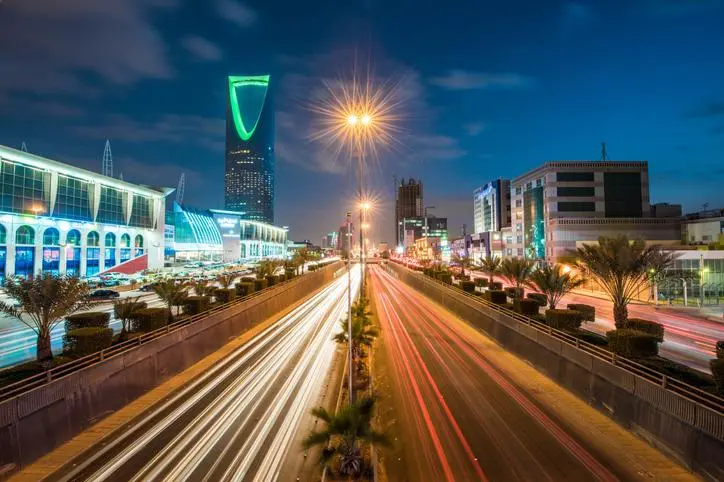PHOTO
As Saudi Arabia has decided to lift restrictions imposed to contain COVID-19 in three phases, the investor community in the largest oil exporter in the world has listed their main concerns during the pandemic.
Starting May 1, sixty flights will resume each day in the first phase. Bans on domestic travel, holding prayers in mosques, and workplace attendance in both the government and private sector will be lifted as well.
Despite challenges, most of the investors state that they are able to continue their business operations with their current cash flows. However, 14 percent of companies are not able to continue business representing a major area of intervention for the Saudi government, according to a survey conducted by the Ministry of Investment of Saudi Arabia (MISA) through its MISA COVID-19 Response Centre (MCRC).
The majority of investors surveyed by MISA face challenges paying their employees’ salaries (49 percent), while many are struggling to cover other expenses (48 percent) and generate revenue (46 percent)
Companies that currently find it challenging to repay their loans reported a positive experience when reaching out to the government and commercial banks regarding the granting, deferral or restructuring of their loans. This is a clear reflection on the positive attitude created by the government’s stimulus package and assured handling of the situation.
According to the MISA survey, the majority of the companies are in a relatively comfortable financial position, having no previous loans (94 percent). Among companies that have loans, the majority can meet their repayments.
Giyas Gokkent, Economist at JP Morgan for MENA and Pakistan, said: "The pandemic has impacted the country directly due to disruption of activity and indirectly through lower oil prices. Nonetheless, Saudi Arabia is better positioned to cope with the pandemic compared to many G20 countries from a financial perspective."
JP Morgan expects the economy to contract by about 3 percent, with risks to the downside.
So far Saudi Arabia has confirmed 76,726 cases of the coronavirus and 411 deaths in the kingdom.
The Saudi government was quick to activate several fiscal and monetary policy measures to stimulate the local economy. The Ministry of Finance allocated $32 billion to support the private sector across a number of initiatives, ranging from tax waivers and postponements, expedited payments, and employees’ salaries support.
In addition, the Saudi Arabian Monetary Authority (SAMA), allocated over $13 billion to inject liquidity into the banking system, with a specific focus on bridging any funding gap faced by SMEs.
To shore up finances hit by low oil prices, the Saudi finance minister on May 11 said it would triple its value-added tax rate from 5 percent to 15 percent and suspend a cost of living allowance for state employees.
Despite the many challenges, MISA gave approvals for 348 new foreign investment projects in Q1 2020, making it the strongest period for investor interest in ten years.
Early in May, Moody's Investors Service slashed Saudi Arabia's outlook to 'negative' from 'stable', saying the oil price crash has raised fiscal risks for the kingdom.
Although, Saudi is suffering from historically low oil prices, its finance minister, Mohammed al Jadaan is confident that the kingdom’s economy is solid and has the ability to deal with the coronavirus crisis despite the need to cut spending.
“The Saudi economy is able to absorb the decline in revenues and to deal with budget deficit,” he said in a statement published by the Saudi Press agency.
(Writing by Seban Scaria; editing by Daniel Luiz)
#SAUDI #INVESTMENT #COVID19
Disclaimer: This article is provided for informational purposes only. The content does not provide tax, legal or investment advice or opinion regarding the suitability, value or profitability of any particular security, portfolio or investment strategy. Read our full disclaimer policy here.
© ZAWYA 2020





















